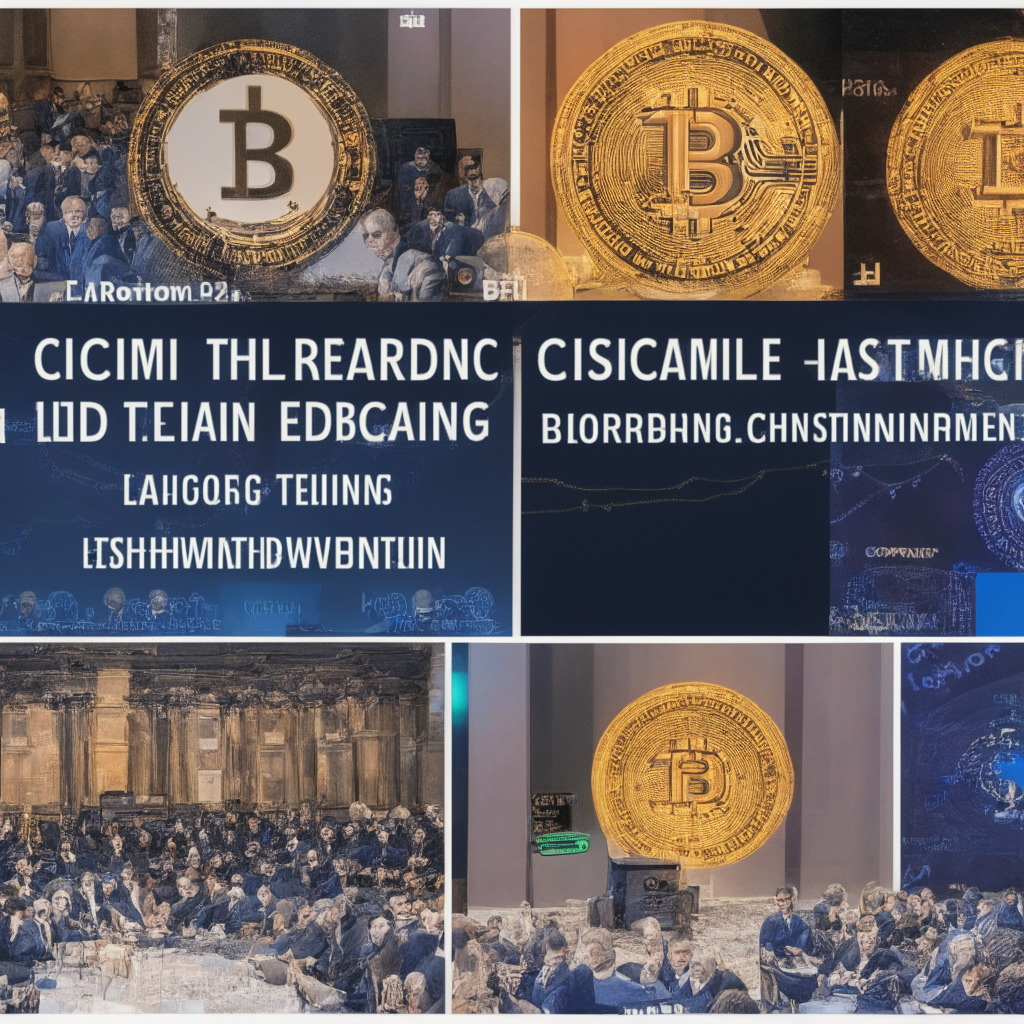On June 13, the long-awaited Hinman documents were finally unsealed and released to the public. These documents offer valuable insights into a significant speech delivered in 2018 by Bill Hinman, the former director of the United States Securities and Exchange Commission’s (SEC) corporation finance division. In this 2018 speech, Hinman shared his perspective that ETH, one of the largest cryptocurrencies, should not be categorized as a security. The Hinman documents consist of internal communications within the SEC, providing a comprehensive view of the agency’s discussions and considerations leading up to and following Hinman’s speech.
In light of the recent release of the documents, John Deaton, a crypto lawyer and founder of CryptoLaw, shared his thoughts on the significance of the documents. Deaton emphasized that the documents provide support for Ripple, Coinbase, and other entities that have faced what he perceives as unjust targeting by regulators. These documents may not only influence public opinion but also potentially shape legislative discussions in Congress, as they raise concerns about the conduct of regulators and the interpretation of existing laws.
Regarding the specific impact on the ongoing legal battle between Ripple and the SEC, Deaton noted that the documents themselves don’t impact the judge’s underlying analysis of whether XRP was offered/sold by Ripple as an investment contract, or XRP’s status in the secondary markets in the United States. However, they do strengthen Ripple’s argument that the speech delivered by Hinman caused market confusion and hindered market participants’ ability to understand what was prohibited under existing regulations.
Deaton further highlighted the potential consequences of the documents for Ether and ERC-20 tokens. He suggested that the documents may bolster Ether’s position by reducing the likelihood of it being classified as a security by the SEC. He added, “It also could help ERC-20 tokens like Dragonchain because those tokens are governed by the Ethereum blockchain and if the SEC claimed the network was sufficiently decentralized then those tokens have even a better fair notice argument than Ripple.”
In response to the overall implications of the documents, Deaton expressed his belief that they underscore the need for Congress to intervene and provide clarity in governing digital assets. He suggested that the SEC may not be the appropriate agency to oversee the crypto industry, given the apparent conflicts of interest and impropriety highlighted by the documents. “I think the documents advance the call for Congress to step in and provide clarity and that the SEC is the wrong agency to govern digital assets,” he shared.
The release of these documents has sparked discussions about the role of regulators, the clarity of existing laws, and the need for oversight in the rapidly evolving crypto industry. As the legal battle between Ripple and the SEC continues, the contents of these documents may have broader implications for the regulatory landscape and market participants alike.
Source: Cointelegraph




